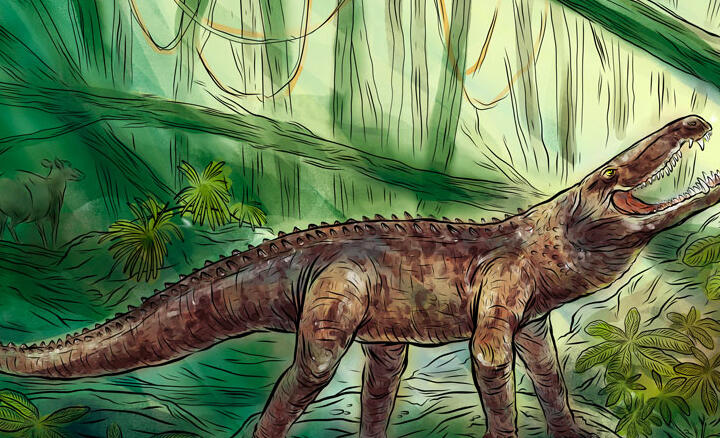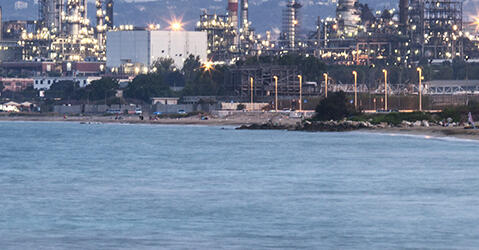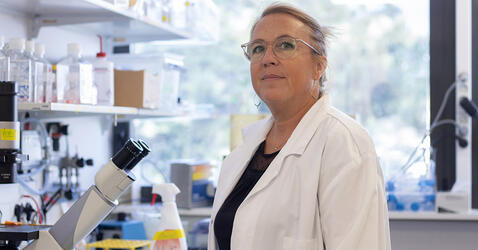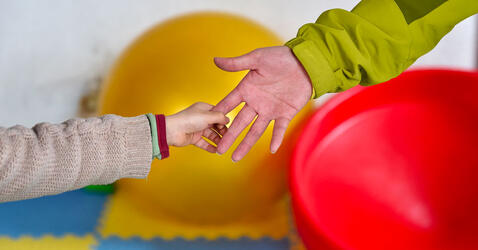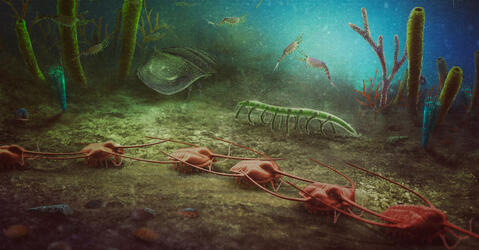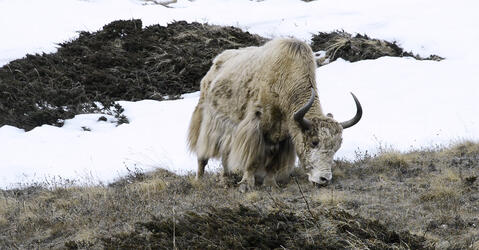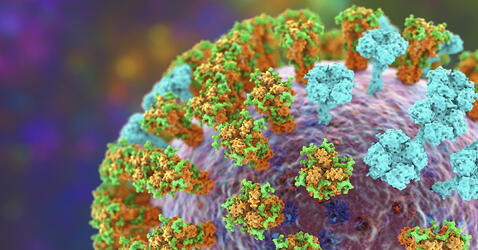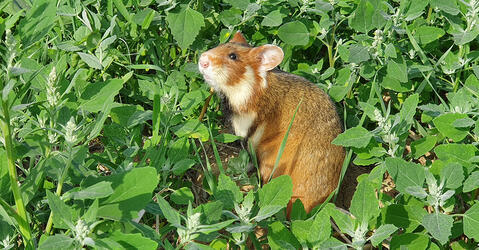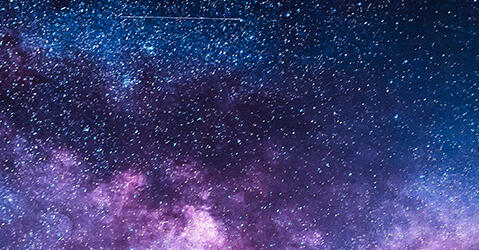You are here
Life
A massive asteroid struck the Earth 66 million years ago, dramatically affecting marine and terrestrial environments, and causing the mass extinction of numerous animal and plant species. The sebecosuchians, a highly-adaptable group of reptiles belonging to...
Slideshow
04.26.2024
The American Wild West, and especially Arizona, is not just cactuses, mountains and golden plains. Its dramatic landscapes are also audible. Anne Sourdril, a CNRS anthropologist, and her ecologist colleague Luc Barbaro have recorded the sounds of this...
Video
04.15.2024
Research on tinnitus, a recent investigative field, is now enabling a clearer understanding of the causes and effects of this symptom that affects nearly eight million people in France.
Article
04.14.2024
Winner of the 2023 Irène Joliot-Curie Prize in the “Young Woman Scientist” category, this research chemist has developed the very first experimental structure of a human olfactory receptor.
Article
03.28.2024
See also
03.26.2024
Building the petroleum society that is now the basis of our prosperity has come at a cost. Gwenola Le Naour and Renaud Bécot, co-editors of a book on the topic, bring to light the destruction caused...
Article
03.22.2024
Initially trained in biology and chemistry, Stéphanie Descroix now works in a highly multidisciplinary research field, that of microfluidics, a technology that enables the creation of mini-organs on...
Slideshow
03.08.2024
Malaria affects more than 247 million people throughout the world and may have caused up to 620,000 deaths in 2021. Under the ROAdMAP project¹, Ana Gomes and her team at the Laboratory of Pathogens...
03.07.2024
In the context of the 2024 edition of Brain Awareness Week currently being held in France, CNRS News highlights the advances made in the field of autism. Once considered the result of a rare,...
02.28.2024
A newly-discovered fossil deposit in the foothills of the Montagne Noire range in southern France has yielded unprecedented evidence of marine biodiversity from half a billion years ago.
01.30.2024
Nepalese shepherds breed yaks for their milk, meat and wool. In this report published in collaboration with LeMonde, anthropologists and ethologists study their strategies to protect their...
10.30.2023
Glycobiology, or study of the biological functions of saccharides, is a fully fledged research field that could one day lead to novel treatments for infections.
10.27.2023
European hamsters, declared critically endangered since 2020, have seen three quarters of their global population disappear in the past 50 years. Intensive cereal monoculture has been identified as...
10.17.2023
How do planets form? How did life emerge from lifeless matter? Does it exist elsewhere? These are just some of the questions that the multidisciplinary Origins programme will attempt to answer.


